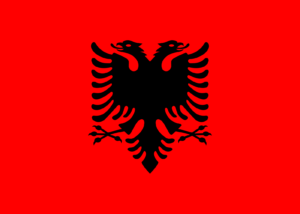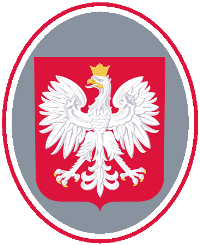Poland: Draft of Renewable Energy Sources Law
January 23, 2012On 22 December 2011, the Polish Ministry of Economy presented the draft of a new Renewable Energy Sources Law. It includes a renewable building obligation for the private and public sector, as well as a one-time tax deduction for private solar thermal customers (in addition to the grants offered by the Polish National Fund for Environmental Protection and Water Management, NFOŚiGW). The new regulations are thought to boost the Polish solar thermal market in the long term. At first, the RES Law was said to be introduced on July 1, 2012. However, delays in legislative procedures will most likely postpone the new regulations to later this year, so that they are going to take full effect in 2013.
The Renewable Energy Sources (RES) Law indicates a significant shift in Poland’s green energy policy (see the attached PDF, which contains the draft law in Polish). The NFOŚiGW and the EU funds for larger solar thermal systems were only thought to stimulate market development temporarily. In implementing the RES Law, the Polish government now intends to provide private and commercial investors with a fixed legal framework and long-lasting support schemes. The law includes tax deductions of up to Polish Zloty (PLN) 10,000 (EUR 2,200) in the first year after purchasing a solar thermal system for residential use. Owners of systems which have been purchased and installed since 1 January 2011 can profit from this tax reduction once the law has been implemented. The RES Law also provides the NFOŚiGW with an additional budget and specifies new rules regulating how the money should be spent. The NFOŚiGW should receive funds from electricity utilities who must purchase or produce a certain amount of green energy. If they are not able to fulfil the required output, they must pay a penalty to NFOŚiGW. According to the draft law, funds must be spent as follows:
-
30% to support renewable heat systems with capacities of up to 40 kW or 70 kW,
-
30% to support renewable energy systems of up to 500 kW,
-
40% for new electricity grids.
The RES Law also contains a renewable building obligation, which stipulates that
- in the public sector, every major building renovation or construction must include renewable energy systems that cover at least 10% of the building’s total energy consumption of heat and electricity. This requirement should come into effect at the moment the law will be implemented.
- in the private sector, every major building renovation or construction must include renewable energy systems that cover at least 13% of the building’s total energy consumption. This regulation will come into effect as early as January 2015.
The aforementioned conditions represent the first legal steps planned by the Polish authorities to boost energy efficiency in the public and residential sector. After the law will have been implemented, the regulations should further align the Polish law with the European Union’s targets stated in building directive 2002/91/EC for energy-efficient construction. As the popularity of solar thermal systems in Poland is increasing year after year, solar collectors are thought to substantially help investors in meeting the new RES standards.
The new RES Law also stipulates that installers specialised in solar thermal systems, heat pumps, biomass boilers, small-scale biogas plants or photovoltaic systems must pass a national exam for small-scale renewable energy installations to obtain a so-called micro-RES installer’s license. Qualified installers from other EU countries will also be admitted for RES installations with the new Polish standards. These regulations will be specified further in a separate executive law prepared by the Ministry of Economy.
The implementation of the new support mechanisms and mandatory regulations is needed to achieve the goals set by the Polish government in its National Renewable Energy Action Plan (NREAP). According to the Polish NREAP, the total number of solar thermal installations in Poland should reach 14.7 million m2 by 2020 – a huge amount compared to the 655,000 m2 of cumulated collector area installed by the end of 2010.
Piotr Pajak is one of the founders and the responsible editor of Polish web portal http://www.Heliosfera.pl, which focuses on the solar thermal sector, and http://www.gramwzielone.pl, which gives media coverage of the green energy industries in Poland and acts as a consultancy for companies interested in entering Poland’s renewable markets.


